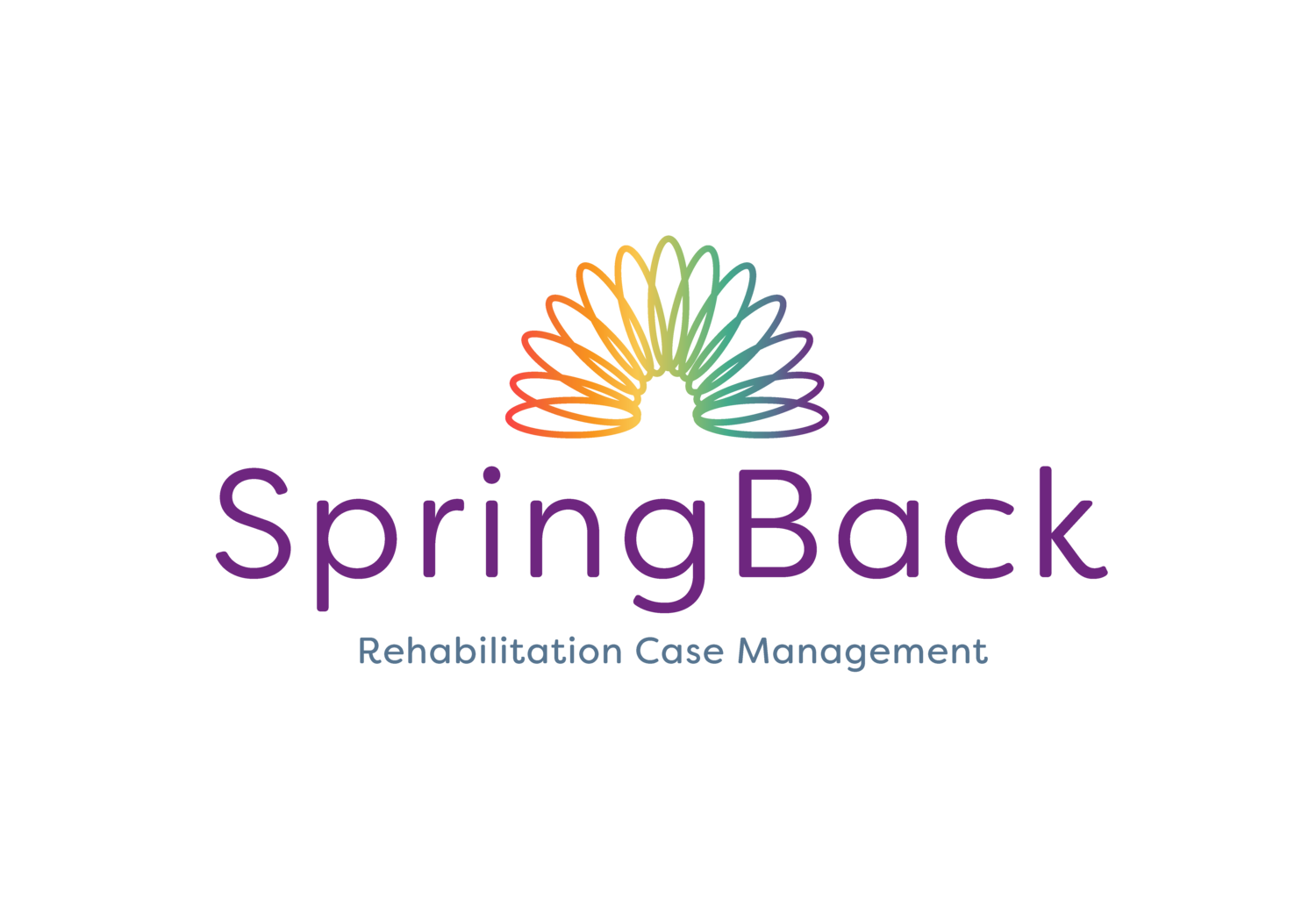From the moment you engage us, we work closely with the rehabilitation client in a compassionate and holistic way, leading to successful rehabilitation outcomes. We’re there right from the assessment of their immediate needs, through their rehabilitation journey and eventual integration back into work and life.
Immediate Needs Assessment
From minor to catastrophic injury we offer a fast and efficient assessment that ensures you receive an accurate account of the rehabilitations client's case management needs and the likely cost.
Our highly skilled health professionals have extensive experience undertaking Immediate Needs Assessment (INA) under the Rehabilitation Code 2015.
The INA is a bespoke, personalised plan tailored to the clients’ needs, and provide a comprehensive clear understanding of the nature of their injuries from a physical, psychological, cognitive, and social perspective. The client’s own stated goals is strongly encouraged and potential barriers to rehabilitation are also considered. All of this is taken into account in order to determine their immediate needs for rehabilitation which could include NHS/Private treatment, care, equipment/adaptations, and accommodation.
The INA details the costs of case management support and services recommended to maximise the rehabilitation client’s functional capacity and return to work.
Our referral process:
Enquires can be made via email, telephone or through the website via our contact page. Once a case manager has been confirmed, the case manager will make telephone contact with the rehabilitation client within two working days to arrange an initial appointment.
The case manager will then visit the injured person within 10 working days to undertake the INA.
INAs are carried out in the injured person’s home, hospital, or another suitable environment, dependent on the individual’s needs.
The report, inclusive of outcome measures, predications, and costs, is prepared and sent out to the referring parties, within 10 working days of the assessment.
These timescales are flexible, and should an urgent request be made it would be recommended that this is discussed and agreed upon as part of the referral enquiry.
Case Management
At Spring Back the rehabilitation client is always at the centre of the rehabilitation journey.
Following instruction, we proceed with actioning the recommendations outlined in the Immediate Needs Assessment (INA). We adopt a collaborative Rehabilitation Case Management approach. We implement, coordinate, monitor and evaluate the services required to meet an individual’s needs to ensure the rehabilitation client’s goals are achieved in a timely manner.
There is guaranteed continuity for all stakeholders as the Case Manager who completes the INA will also implement the rehabilitation plan and consistent contact is maintained with all relevant stakeholders to ensure progress against agreed rehabilitation goals & outcomes.
Working in alliance with NHS and private clinicians, we ensure the best and most appropriate care is being provided, at the earliest opportunity for injured claimants and their families. We ensure that the Multi-Disciplinary team is always in contact to ensure we are working towards the same goals. Evidence-based and clinically effective interventions are selected to ensure the most appropriate services are utilised.
As part of this service, we can also arrange employer contact (if applicable) – established at the earliest time to assist with a return to work. If an alternative role or employer is required, vocational services can be provided. We can also assist with supporting and educating the families of the injured, and help with any adjustments.
Spring Back Rehabilitation provides:
Always a clear line of communication between all parties
Regular and scheduled progress reports are provided so all parties are informed regarding progress towards goals
Evaluation of input against agreed budgets and if further funding is required for either case management or treatment this is discussed proactively
Goals and standardised assessments are regularly reviewed and discussed so all parties can monitor progress made
A case management discharge report is provided once the rehabilitation client has achieved their rehabilitation goals, including any recommendations that may be beneficial for the longer term if any are required.
“Hi Jessica, wanted to say a proper thanks for your help in my rehabilitation process. We have always got on well and I have responded well to your encouraging style and approach and you have made a real contribution to my recovery. My wife and I wish you well in the future. Thanks again.”



